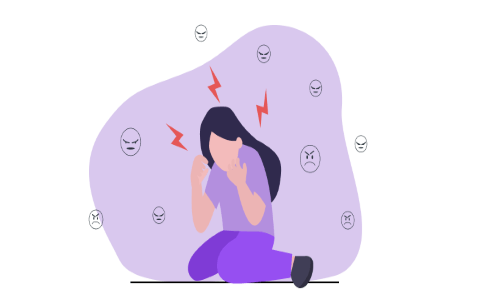
Worry, Panic, & Phobia: Evidence-Based Approaches to Alleviate Anxiety
Open to access this content

Open to access this content

Open to access this content

Open to access this content

Open to access this content

Open to access this content